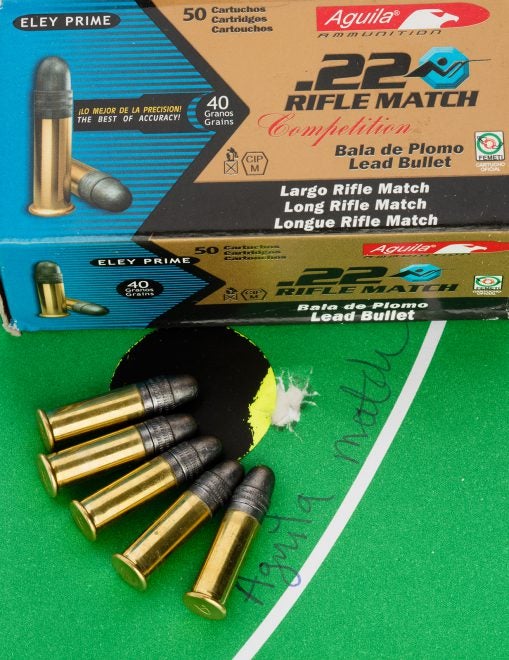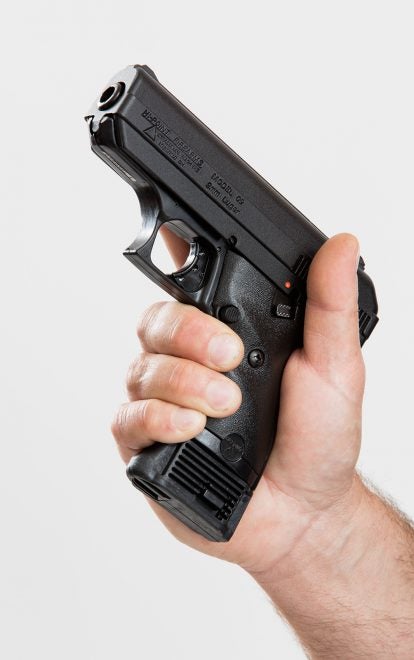Originally published at VolkStudio Blog. You can comment here or there.
US has numerous state level prohibitions on alcohol before the national one was enacted. I wondered how people stood for those and didn’t shoot the culprits out of hand. Then, a thought occurred to me that explained how prohibitions of all kind endure.
Two parties benefit from prohibitions, politicians for the graft and the criminals for smuggling. Both groups are used to using violence to enforce their interests, and neither wants the prohibition to end. Prohibiting something is the quickest way for criminals and politicians acting in de-facto cooperation to capture an existing industry.
Of the people affected by prohibitions, the vast majority is inconvenienced on a practical level and just wants continued access. That serves the politicians and the criminals just fine, that where much of their money comes from. The minority opposed to prohibitions on ethical grounds seldom takes direct actions because they are non-violent by nature, and because killing the individuals responsible wouldn’t change laws for the better.
This holds on prohibitions on alcohol, drugs, tobacco and other consumables. It also holds for prohibitions on most technologies because few realize what they are missing. That does not hold for prohibitions on weapons though. Unlike all other goods, weapons are the main tool by which enforcement of a prohibition can be challenged. One doesn’t fight the ban on drugs with cocaine or pot, nor on alcohol with whiskey or wine. But a prohibition on rifles can be fought with rifles. And that’s there the “fight, flight or submit” decision fork may be resolved in favor of fight. Giving up means much reduced future opportunity to resist and, unlike recreational drugs, booze or other optional goods, weapons are in the same category as water and food — it’s possible to live without them, but not for very long or very well. And definitely not at all free.

















